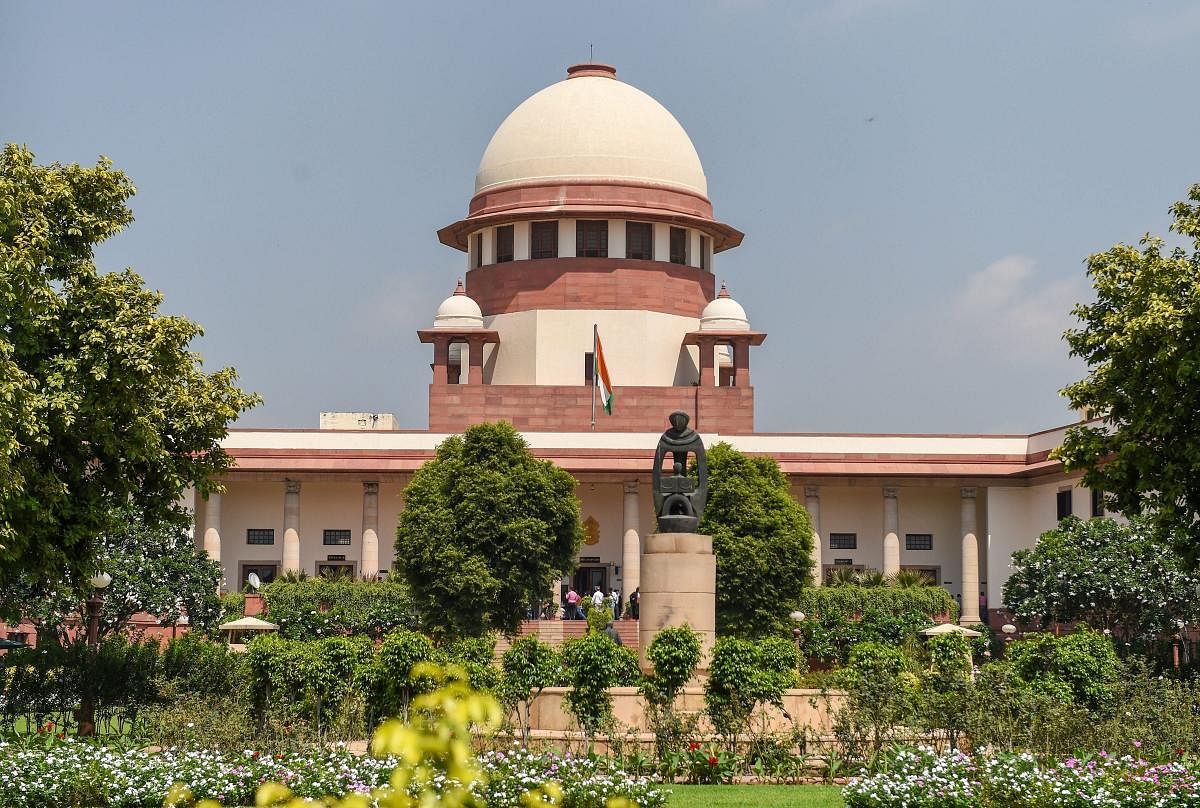
The Supreme Court has held that the Union government can cancel the licence of a cable television network in the absence of security clearance and it was not mandatory to a give prior notice or hearing to the company.
A bench of Justices Abhay Manohar Sapre and Indu Malhotra relied upon the provisions of the Rule 11C of the Cable Television Network (Amendment) Rules, 2012 to conclude that obtaining the security clearance was a mandatory requirement.
“Since the grant of permission was subject to obtaining of the security clearance from the concerned ministry, the competent authority was justified in cancelling the conditional permission for want of security clearance,” the court said.
The court dismissed an appeal filed by Digi Cable Network (India) Pvt Ltd and others against a Bombay High Court's judgement of 2015 that had declined to allow their plea against cancellation of permission on September 3, 2014, by the Ministry of Home Affairs for operating as a multi-system operator in the digital addressable system.
Additional Solicitor General Pinky Anand, appearing for the Centre, filed a report in a sealed envelope stating the reasons for withdrawal of permission due to security reasons.
The court noted the order of cancellation was passed in conformity with the requirements of the rules.
The company's counsel, however, contended that it was not given any opportunity of hearing which was bad in law for violating the principles of natural justice and fair play.
The court, however, cited 2014 judgement which stated, “What is in the interest of national security is not a question of law. It is a matter of policy. It is not for the court to decide whether something is in the interest of the state or not. It should be left to the executive...In a situation of national security, a party cannot insist on the strict observance of the principles of natural justice.”
